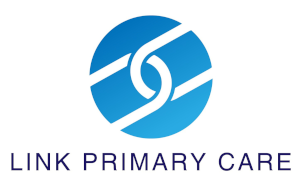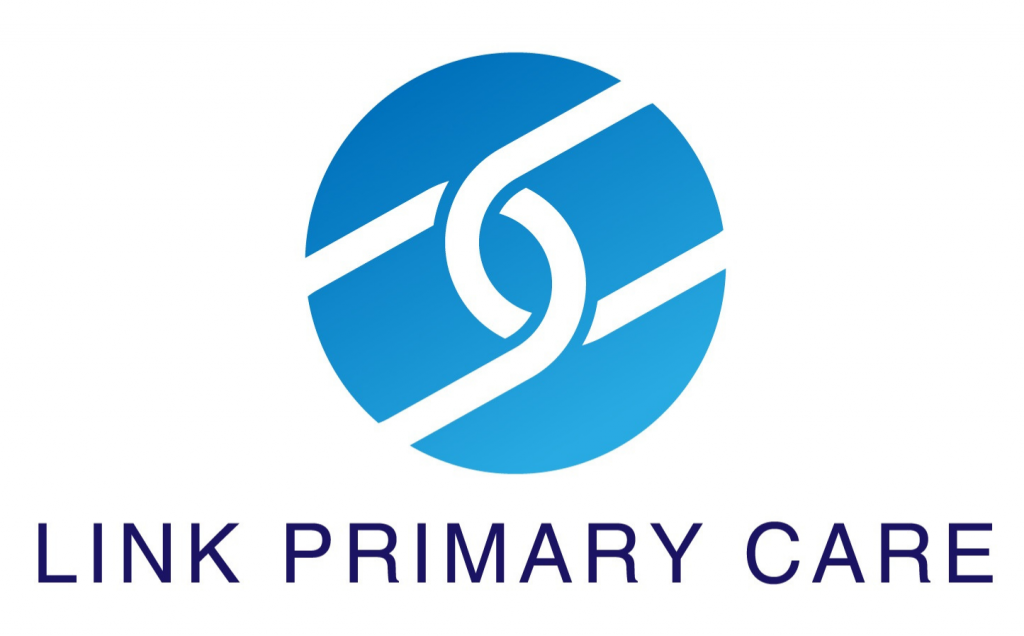When it comes to health care, many of us tend to focus on urgent situations—when we’re sick, injured, or in need of immediate care. However, it’s equally important to think about our long-term health and wellness, which is where having a primary care provider becomes essential. Even if you don’t have a family to care for, a family doctor can play a crucial role in managing your overall health. Let’s explore why most people need a family doctor and how Direct Primary Care (DPC) can improve your healthcare experience.
What is a Family Doctor and Why Do I Need One?
A family doctor, or primary care physician (PCP), is a healthcare provider who serves as your first point of contact for most health issues. They are trained to diagnose and treat a wide range of medical conditions and can offer comprehensive care for individuals of all ages. Whether you’re seeking preventive care, managing chronic conditions, or dealing with an acute illness, your family doctor is an essential part of your healthcare team.
You might be wondering, “Do I need a family doctor if I don’t have a family to care for?” The answer is still a resounding yes. Primary care isn’t limited to just caring for children or other family members—it’s about maintaining your own health over time. A family doctor offers continuity of care, meaning that they become familiar with your medical history and can provide more personalized care as your health needs evolve.
Better Care Through Consistent Monitoring
One of the biggest advantages of having a family doctor is the consistency of care. Regular visits with your doctor help establish a health baseline. Over time, this allows your doctor to monitor changes in your health, identify patterns, and intervene before small issues become larger problems. This can be particularly important for managing chronic conditions such as diabetes, hypertension, or asthma or preventing them from happening altogether.
You need a family doctor because they offer so much more than just care during illness. They can help guide you in making lifestyle changes, prescribe medications when needed, and refer you to specialists if your condition requires additional attention. This ongoing relationship allows for a more comprehensive approach to your health, as the doctor becomes familiar with your medical history and overall well-being, rather than simply addressing isolated health issues.
One of the most significant advantages of having a family doctor is the focus on preventive care. As experts in preventive medicine, primary care physicians play a key role in helping you avoid serious health problems before they develop. Regular screenings—such as blood pressure checks, cholesterol tests, cancer screenings, and immunizations—are part of this proactive approach. By staying on top of your health, the family doctor you need can identify early warning signs of potential illnesses, enabling early intervention that can prevent more serious conditions down the line.
Convenience and Accessibility
Another significant advantage of having a family doctor is the convenience and accessibility they provide. Whether you’re dealing with a common cold or need ongoing management for a more complex health issue, your family doctor is there to guide you. They are often easier to reach and more accessible than specialists, offering a more immediate, affordable solution to healthcare needs. This consistent access makes it easier to stay on top of your health, allowing you to avoid the overwhelming and often confusing healthcare maze of specialists and emergency visits.
One innovative model that enhances these benefits is Direct Primary Care (DPC) such as Link Primary Care. In contrast to traditional insurance-based health care, Link allows patients to pay a monthly or annual fee directly to their family doctor in exchange for comprehensive care without the need for insurance involvement. This model gives doctors more time to focus on each patient, providing a higher level of personalized care and reducing the administrative burden that often comes with insurance-driven practices.
DPC often offers greater availability, with many practices providing same-day or next-day appointments, after-hours access, and even virtual consultations. This added flexibility is especially beneficial in moments of illness or when you need guidance from your family doctor outside of typical office hours. DPC’s focus on accessibility and preventive care aligns perfectly with the family doctor’s approach to long-term health management, making it a compelling choice for those seeking a proactive, patient-centered healthcare experience.
Link Primary Care’s Family Doctors in St Louis
Having the family doctor you need provides peace of mind for the future, even if you’re not facing a major health condition today. As you age and your health needs evolve, a trusted doctor who understands your medical history will be invaluable in ensuring you receive the right care at the right time. Whether you’re navigating a major life change such as pregnancy, menopause, or retirement, your family doctor offers consistent support, adapting to your needs as they arise.
The question “Do I need a family doctor?” may be easy to overlook, especially if you’re currently healthy and don’t have a family to care for, but the answer is clear: absolutely. Primary care is essential for everyone, regardless of age or family structure. A family doctor provides continuity of care, preventive services, and personalized attention—vital components for maintaining long-term health and wellness.
Now is the time to take the proactive step in securing your future health. Schedule a consultation with Link Primary Care today and experience the peace of mind that comes with having a dedicated healthcare provider by your side. Your health is your most valuable asset—invest in the right family doctor you need today.


